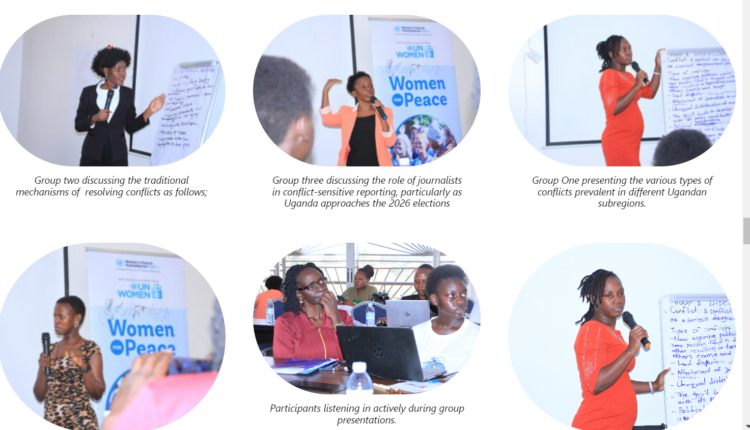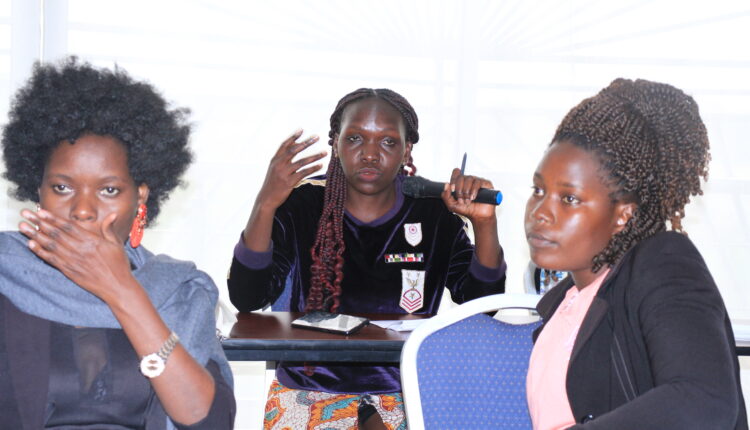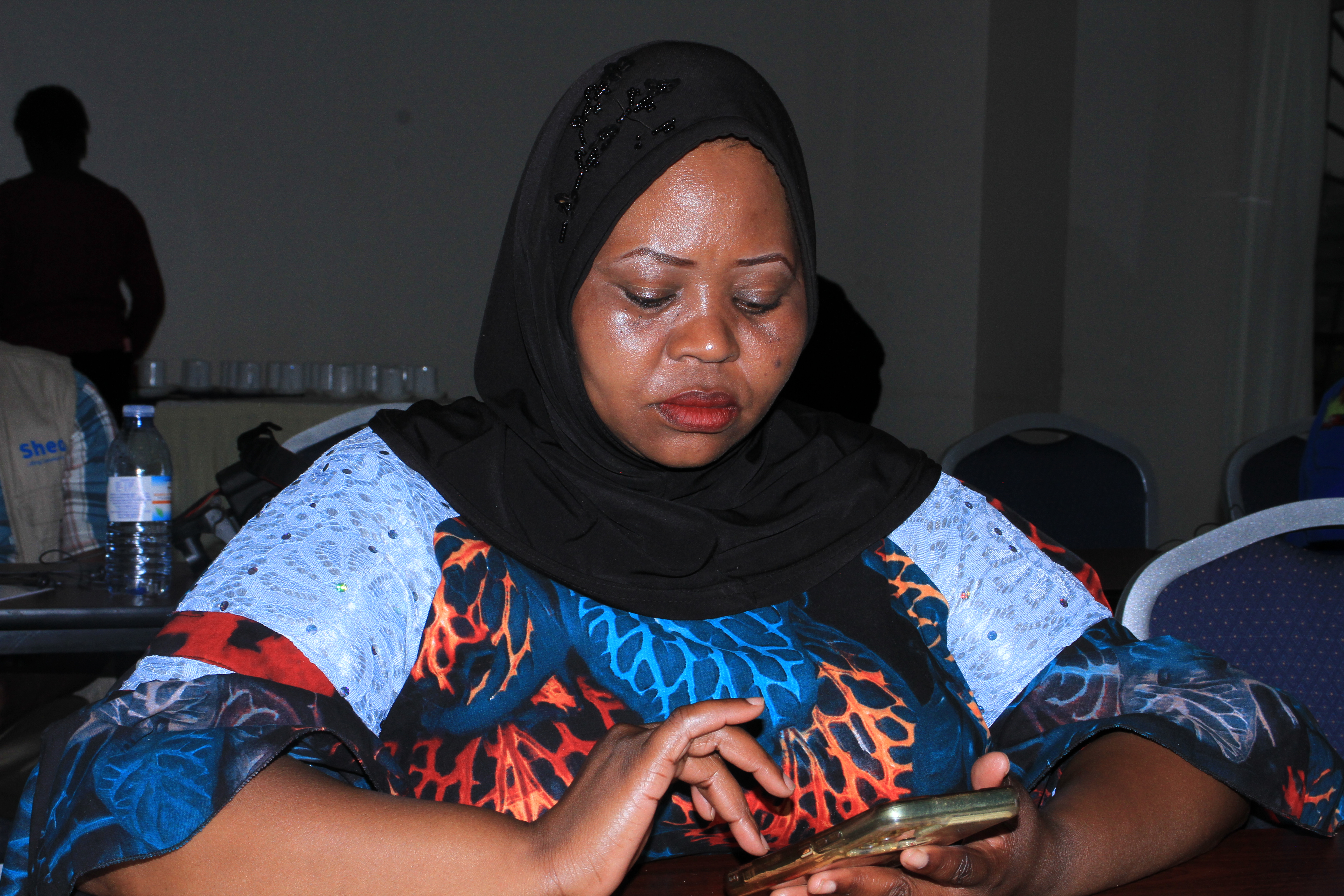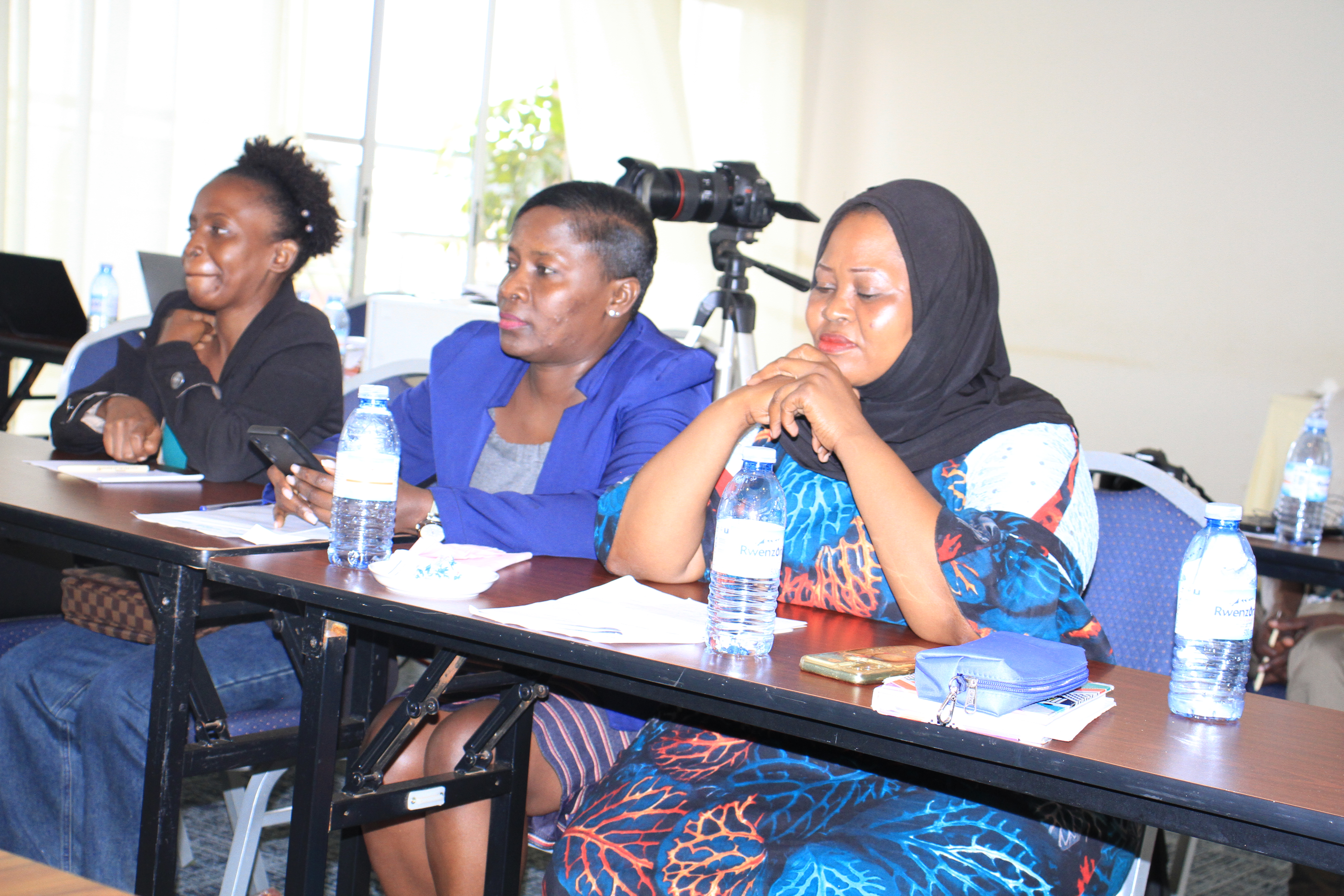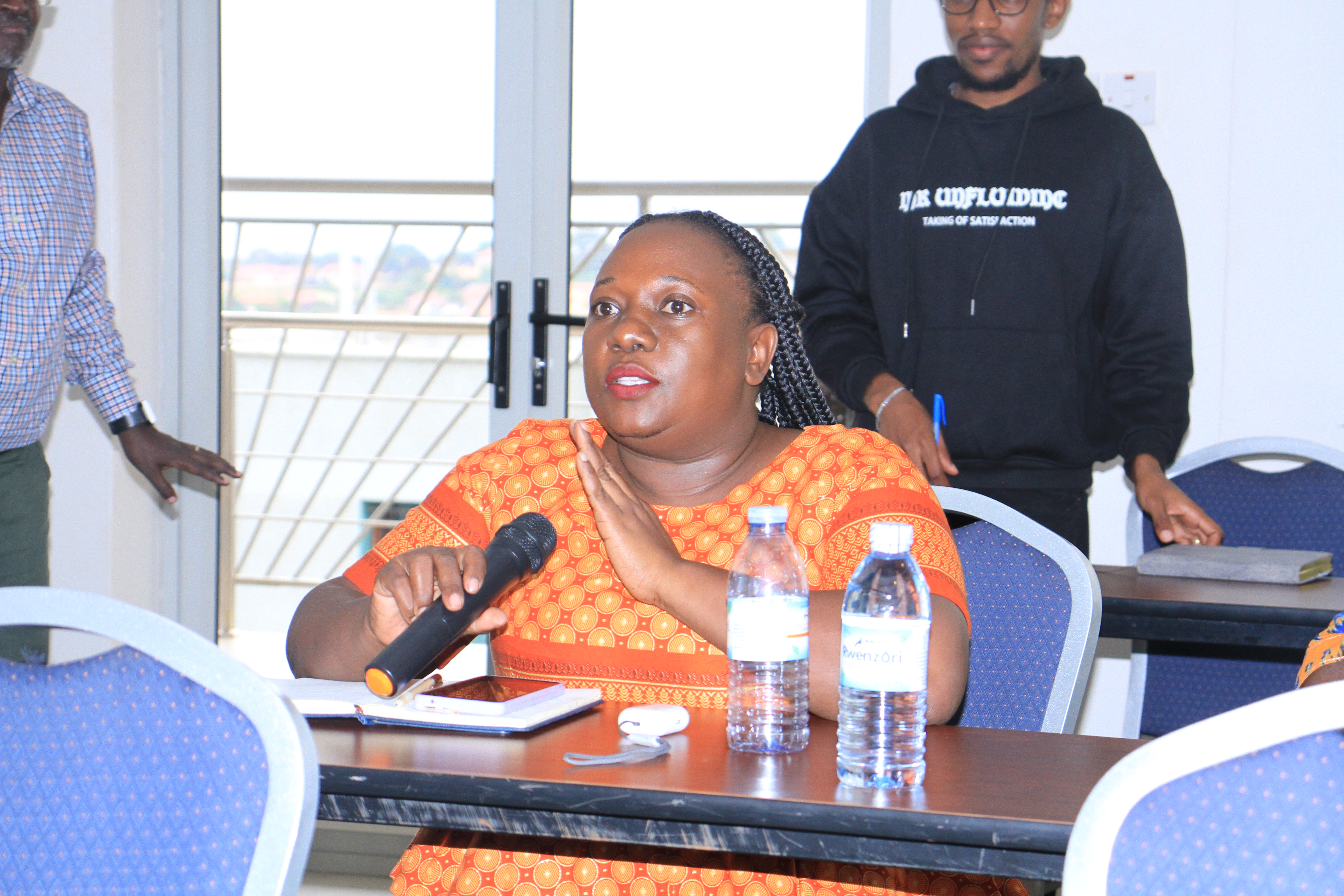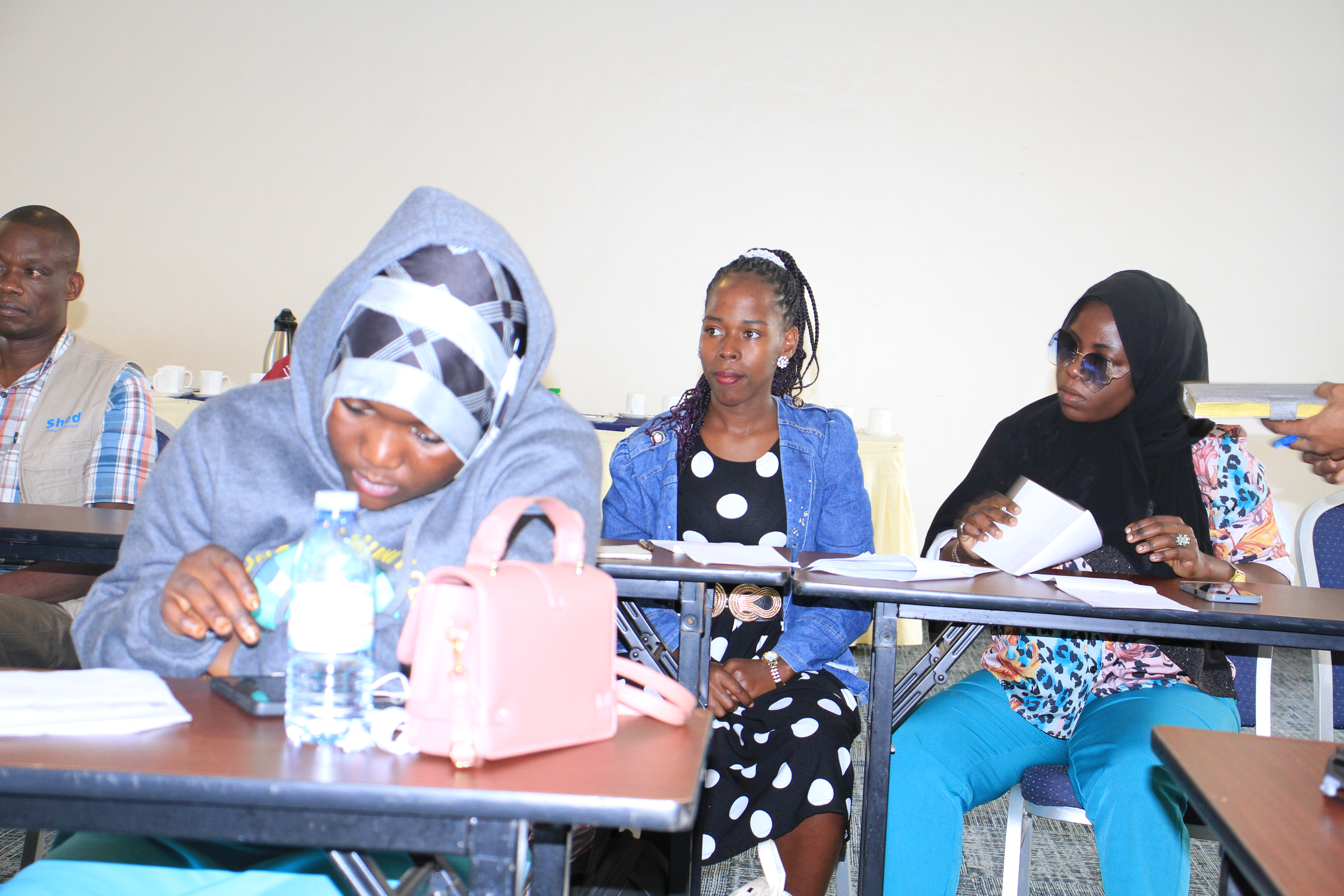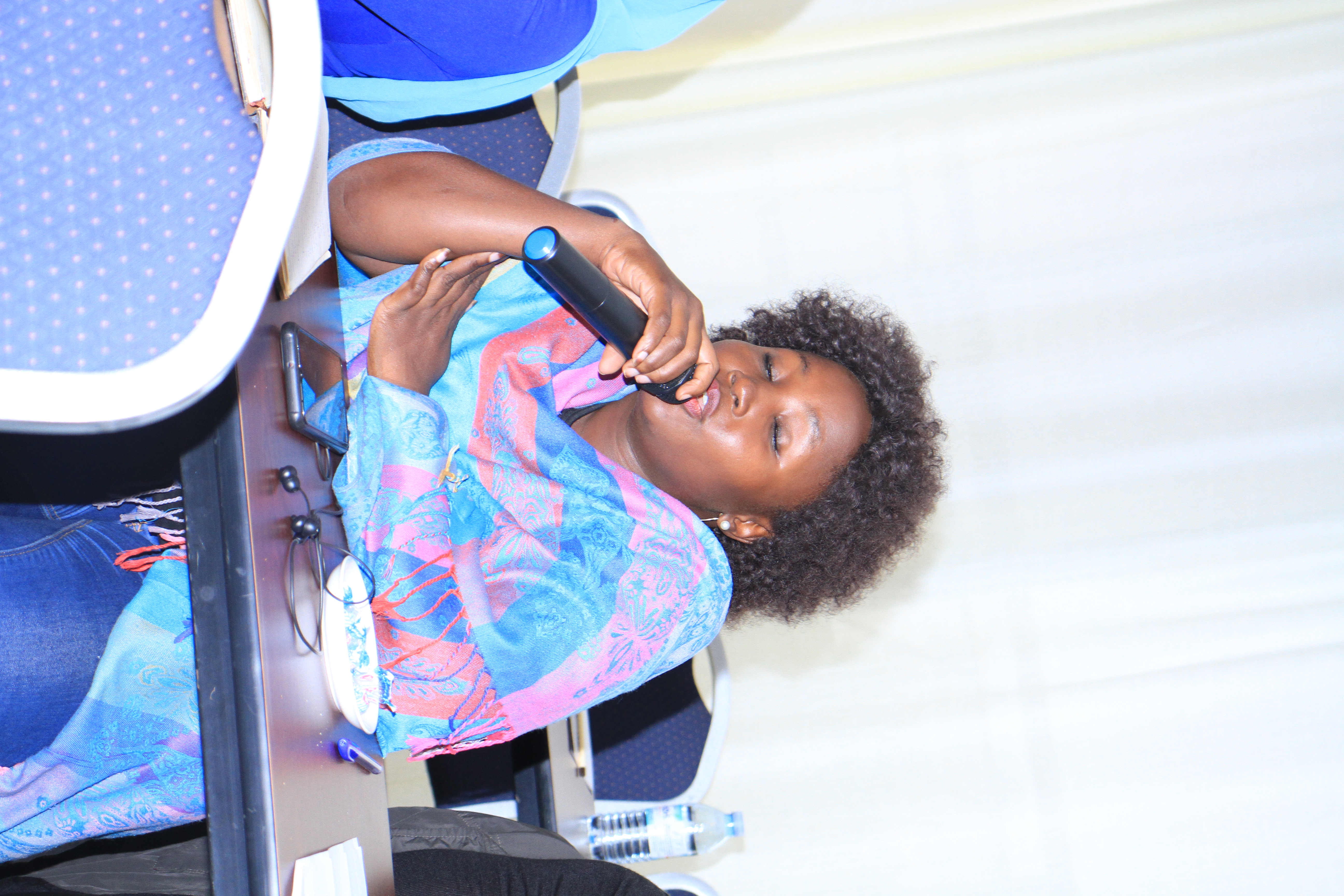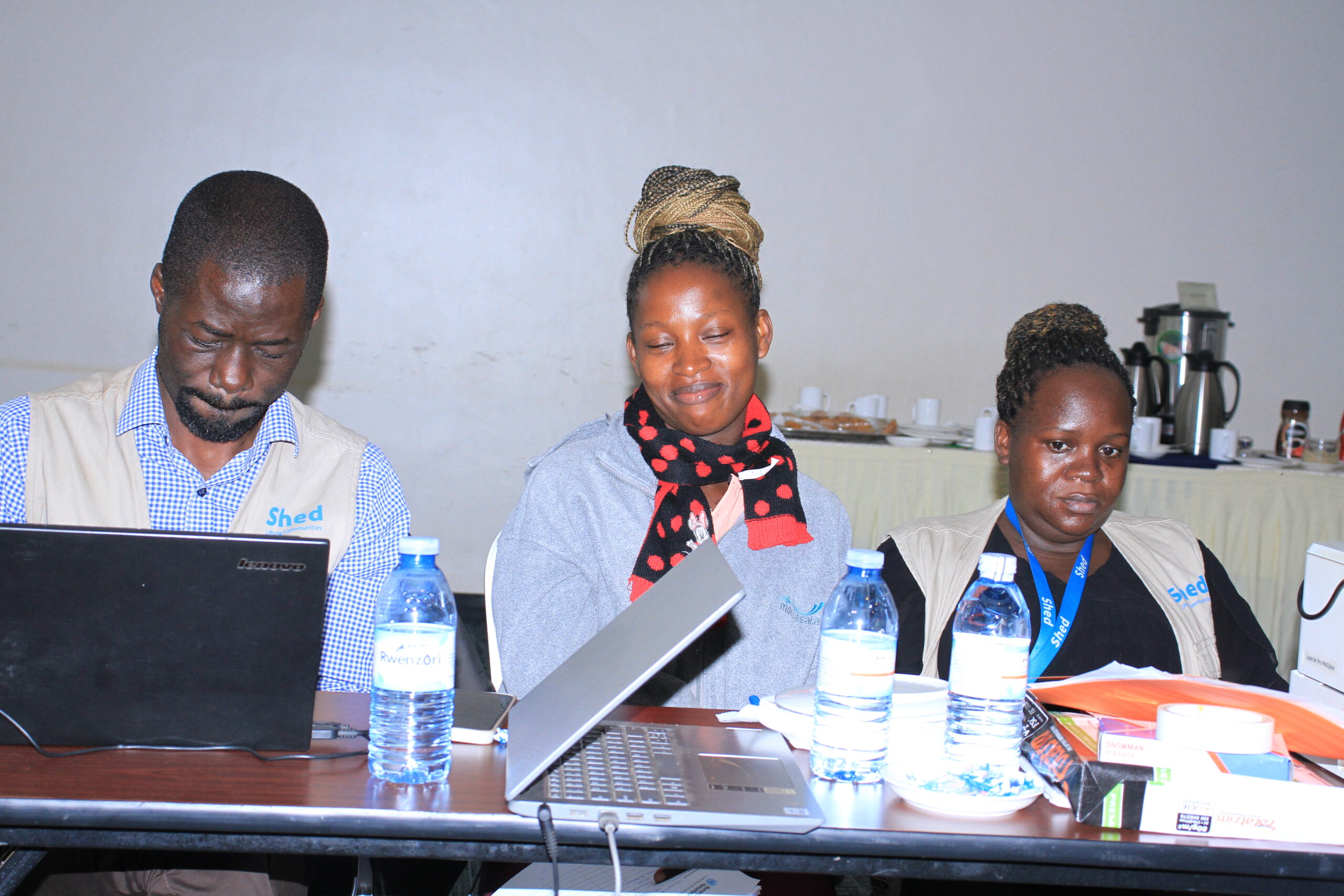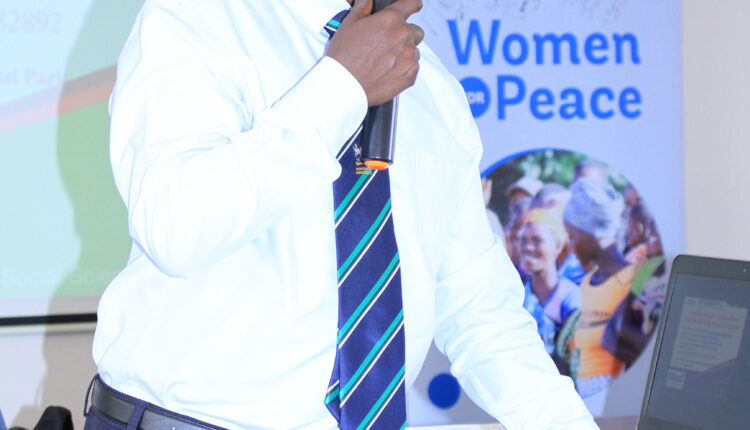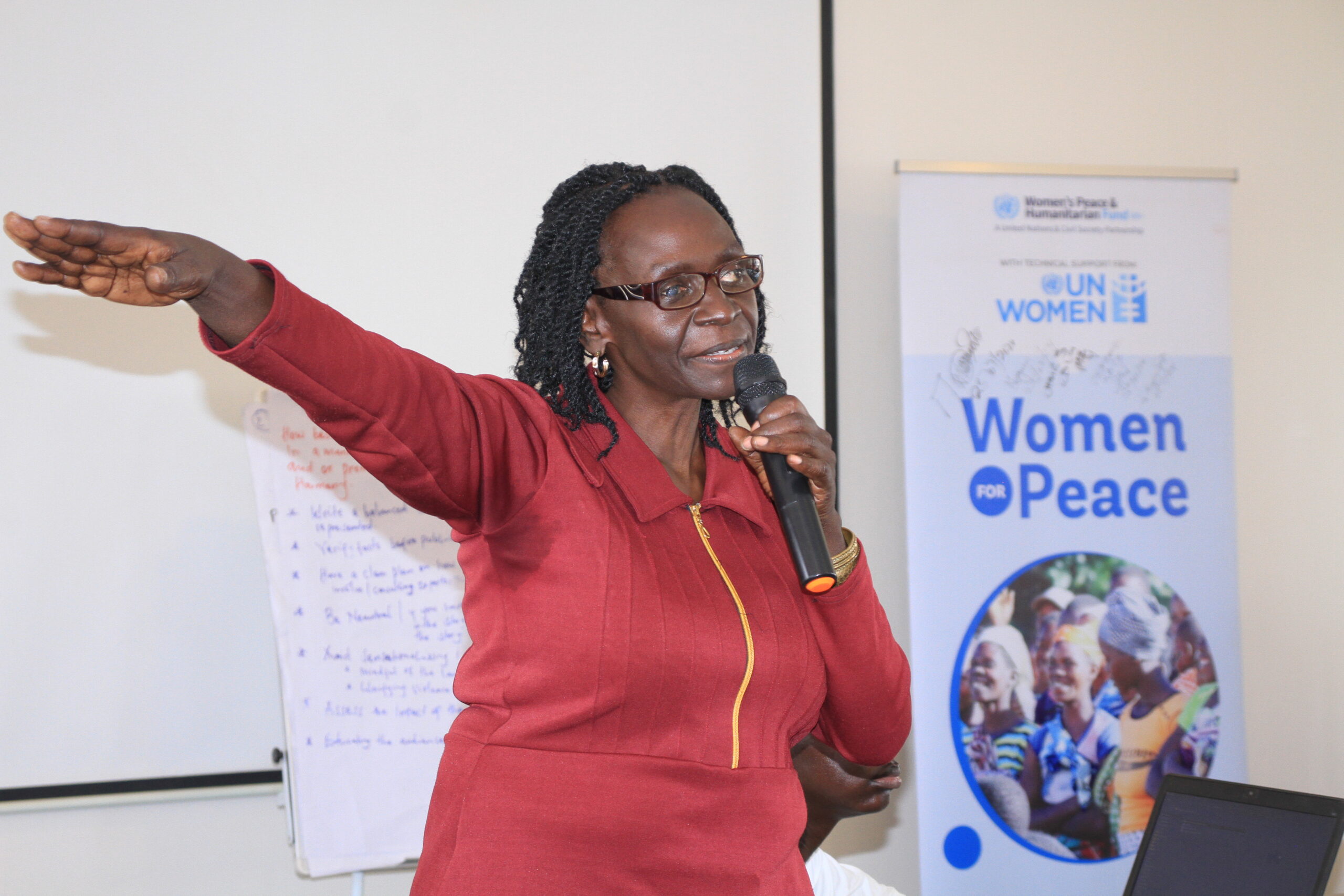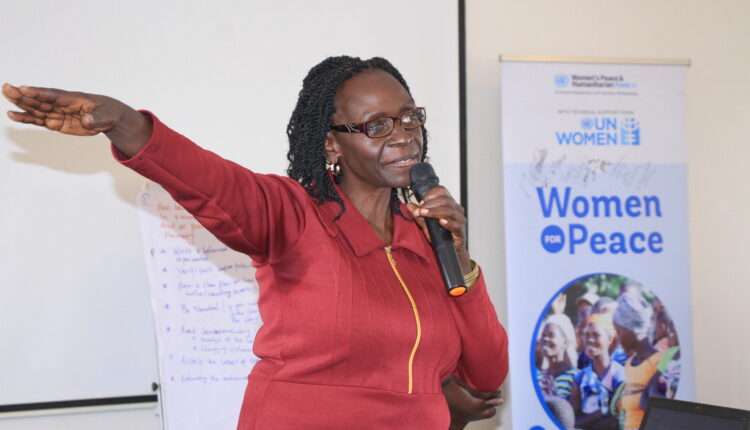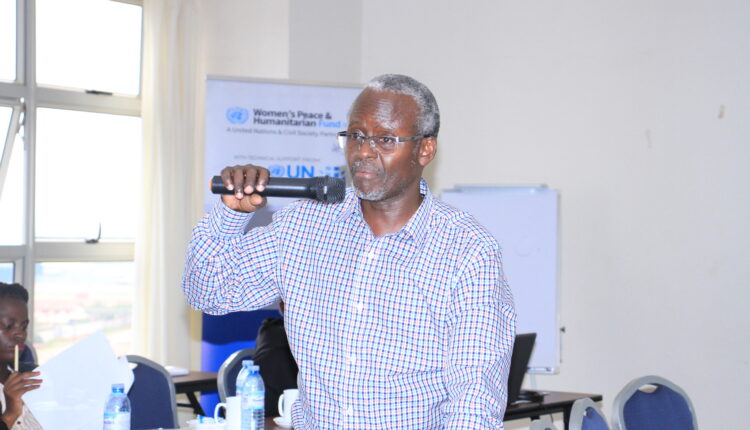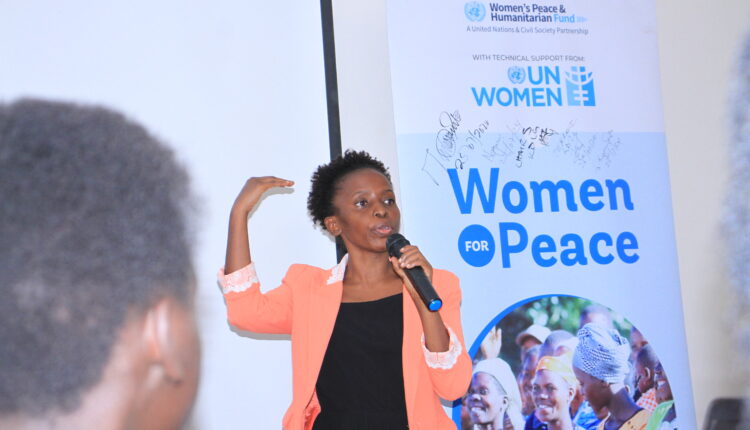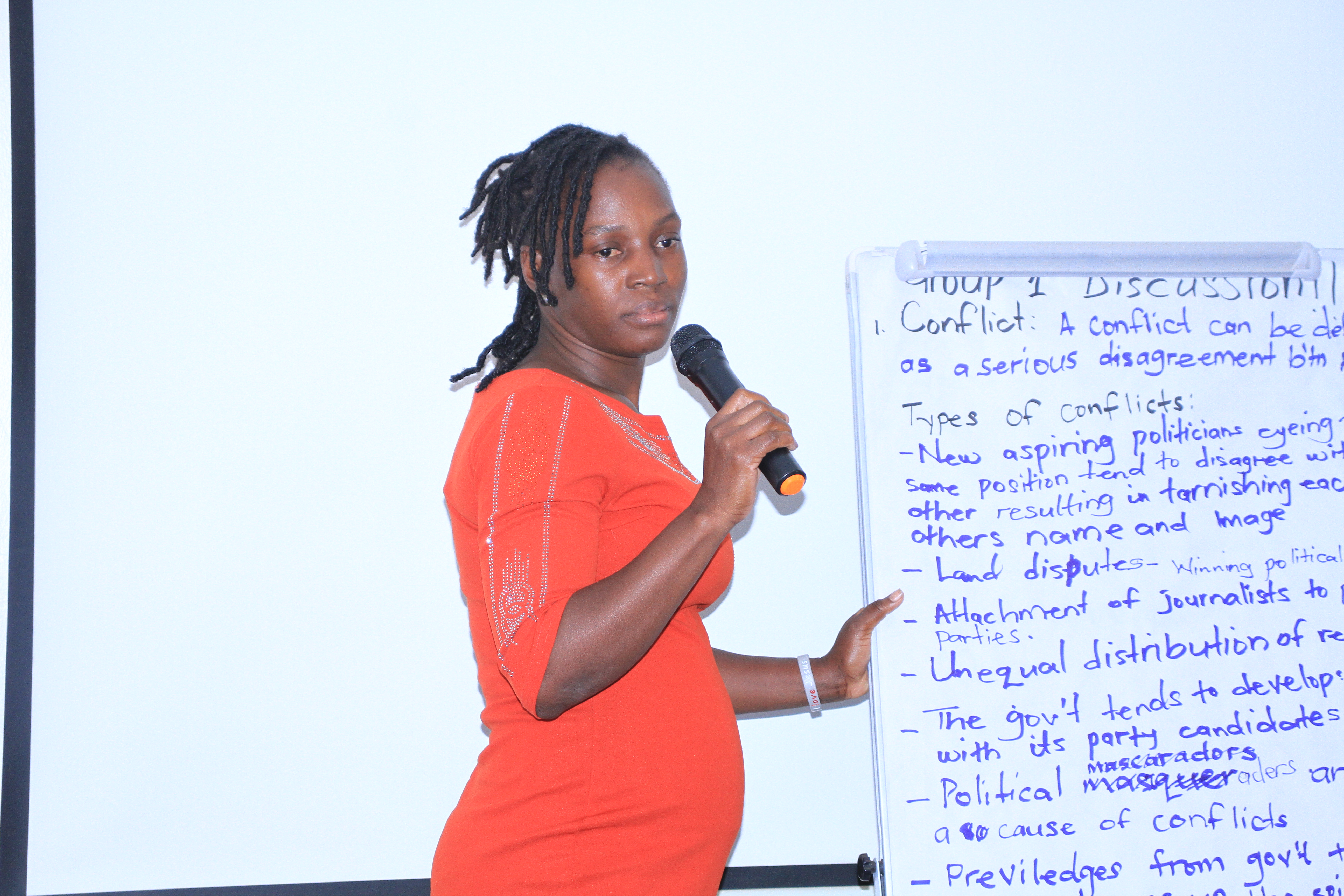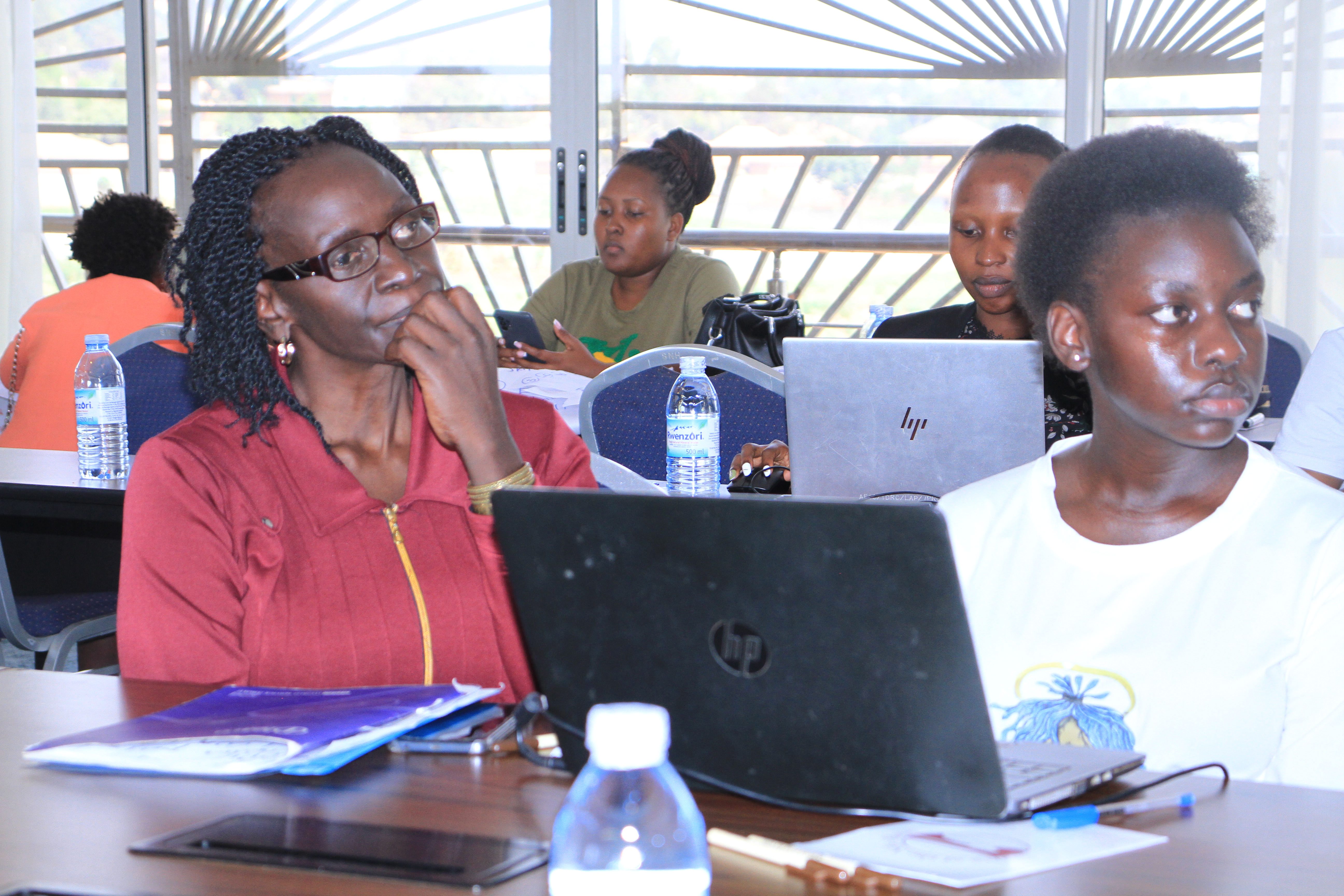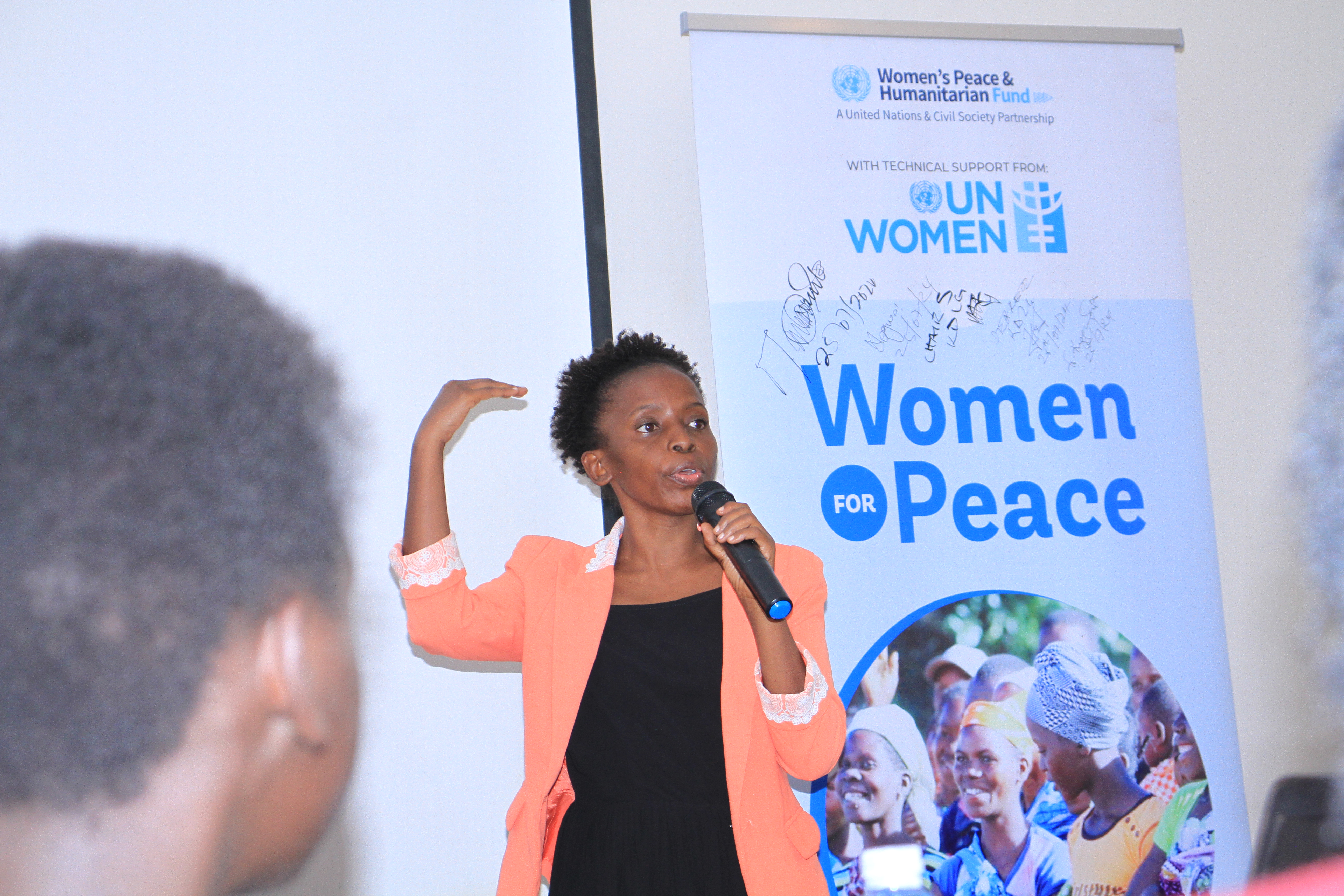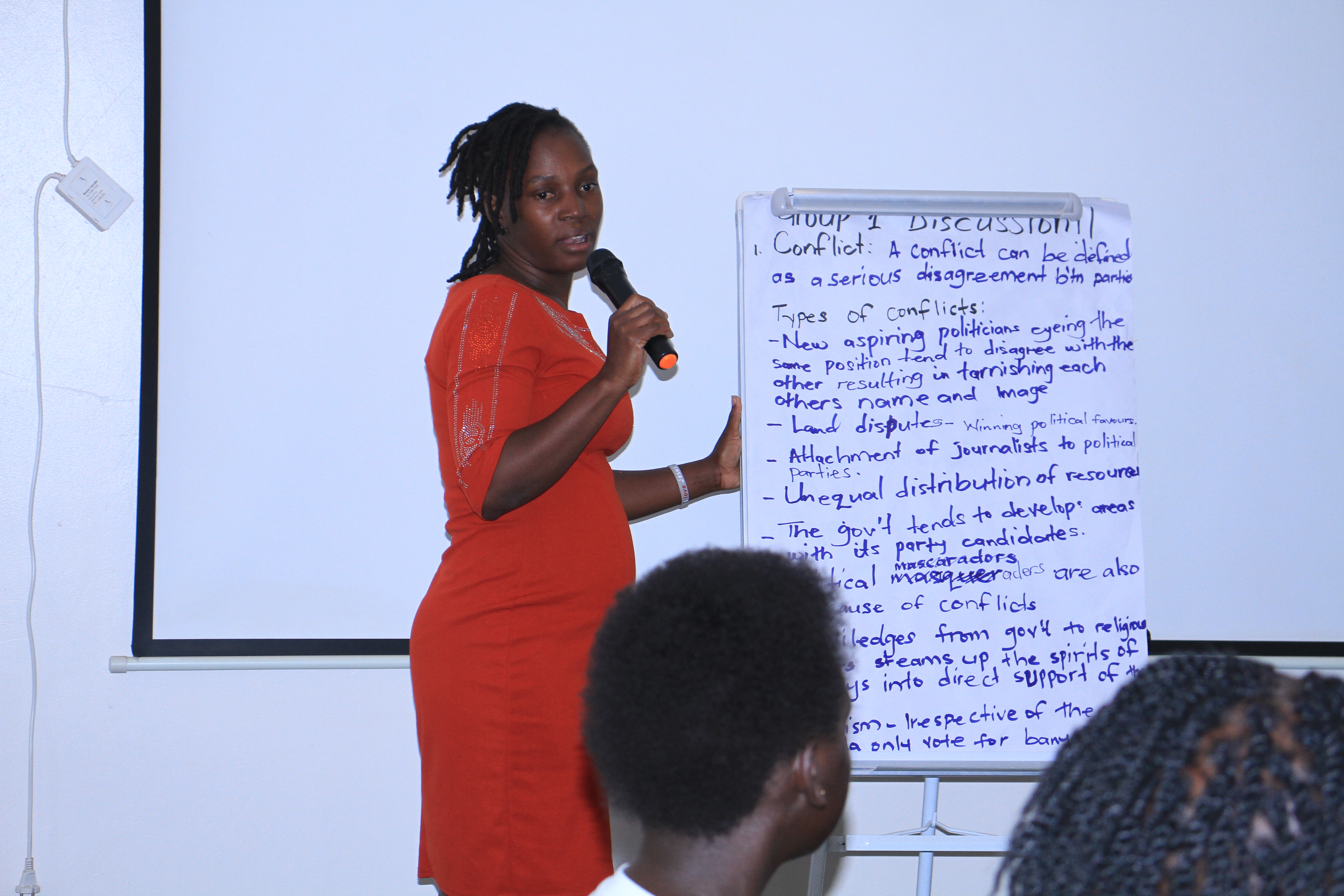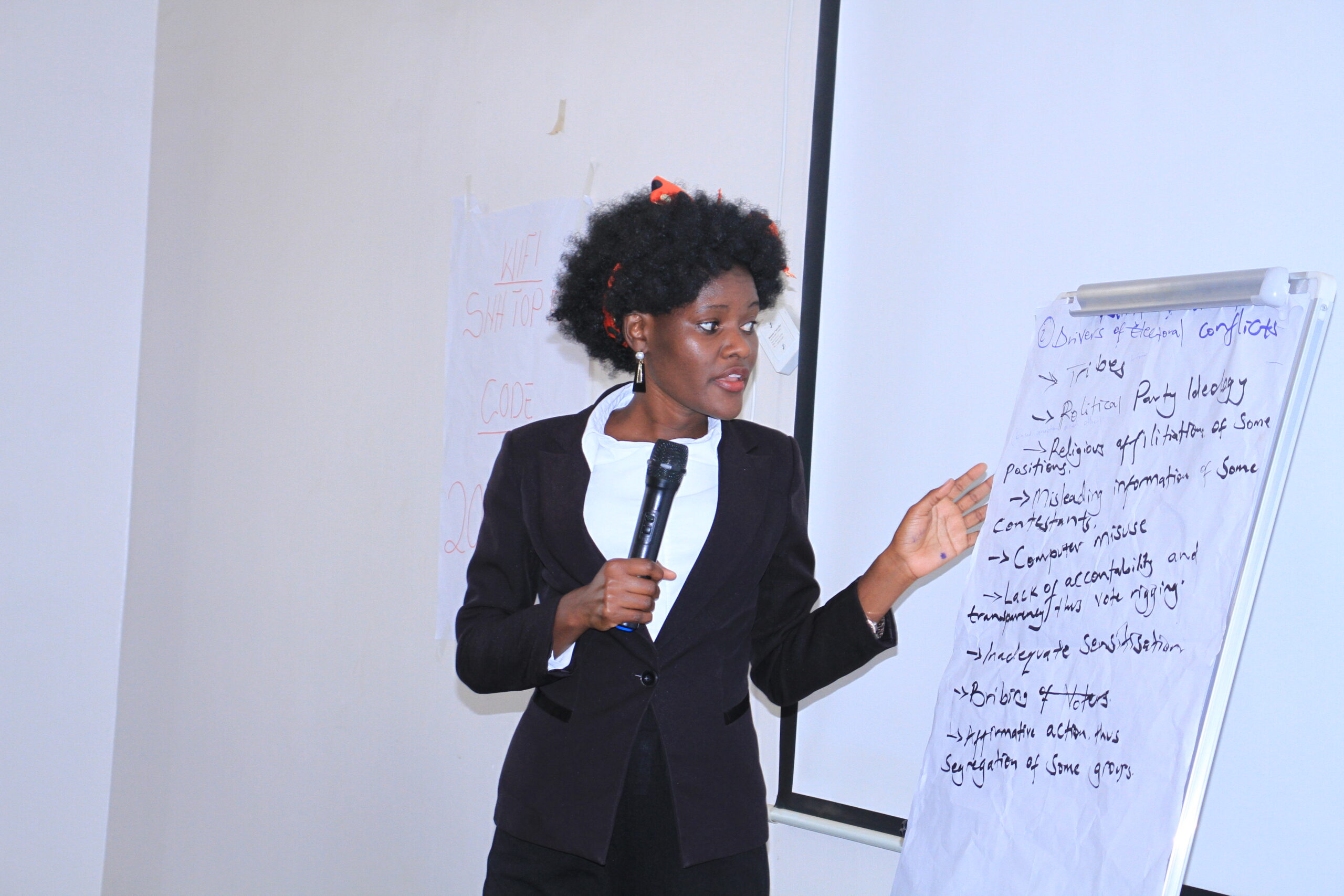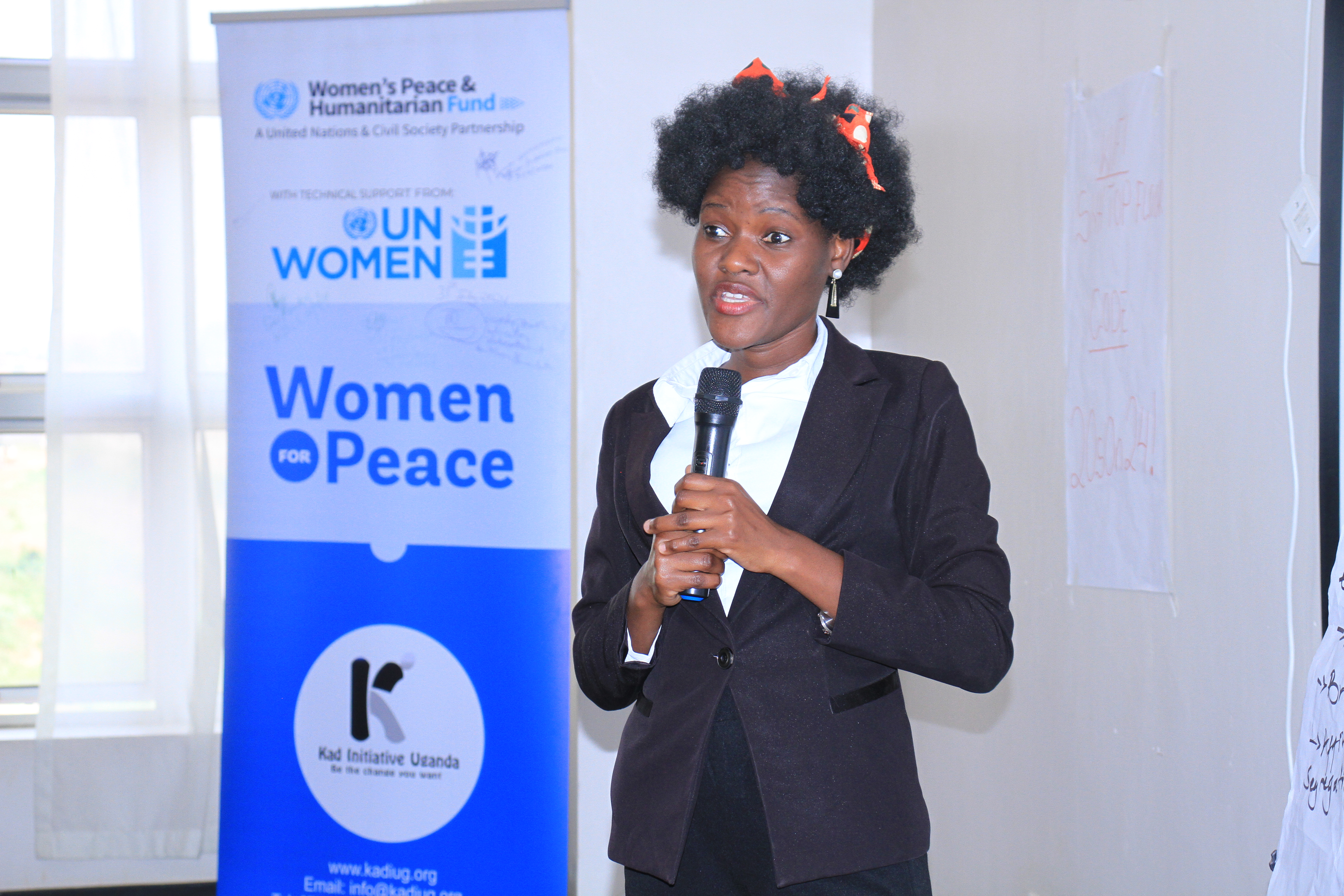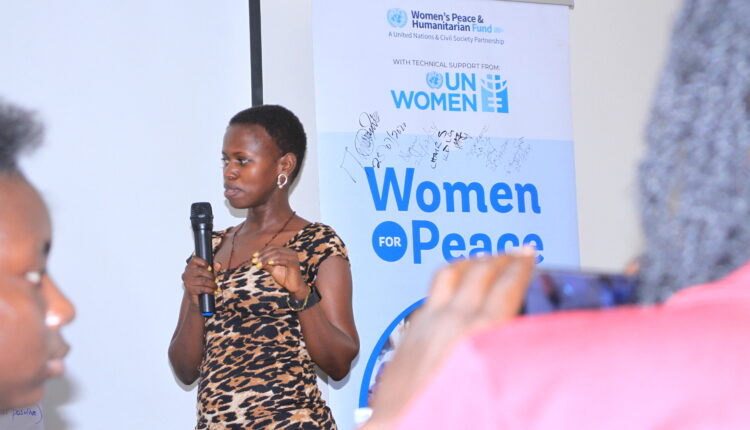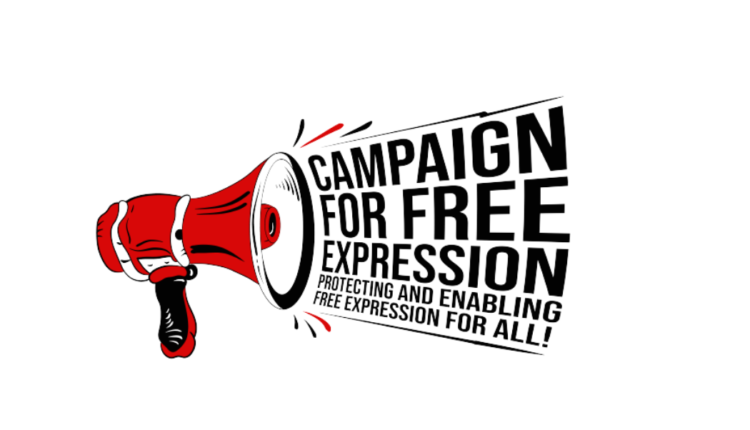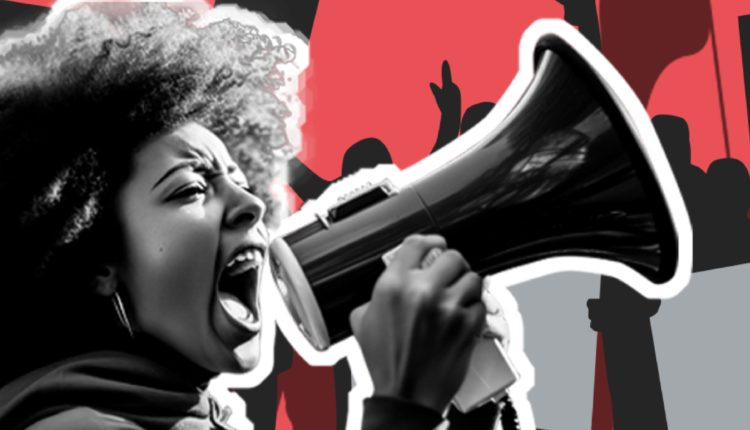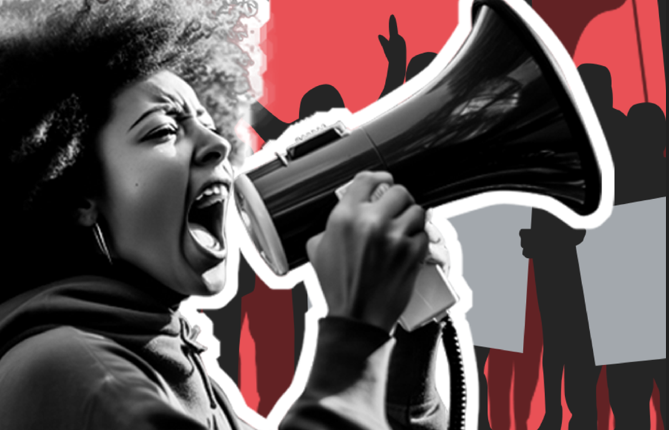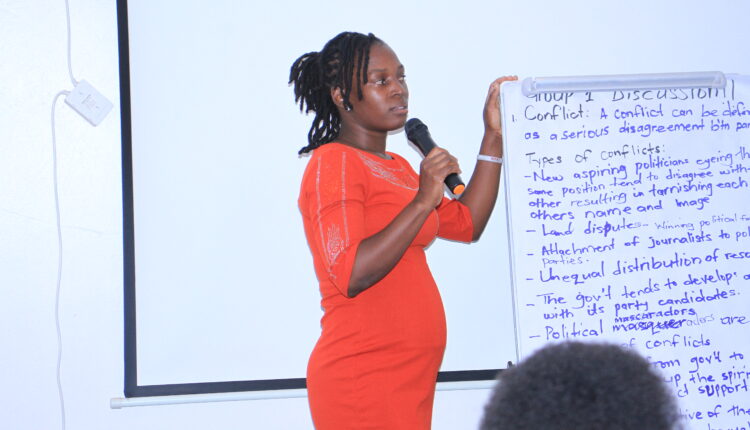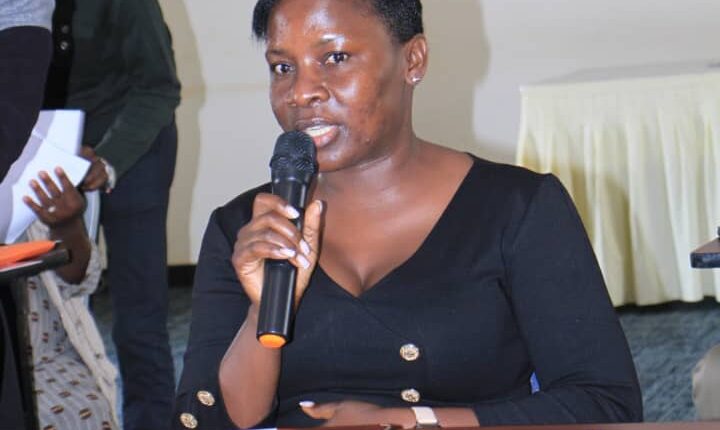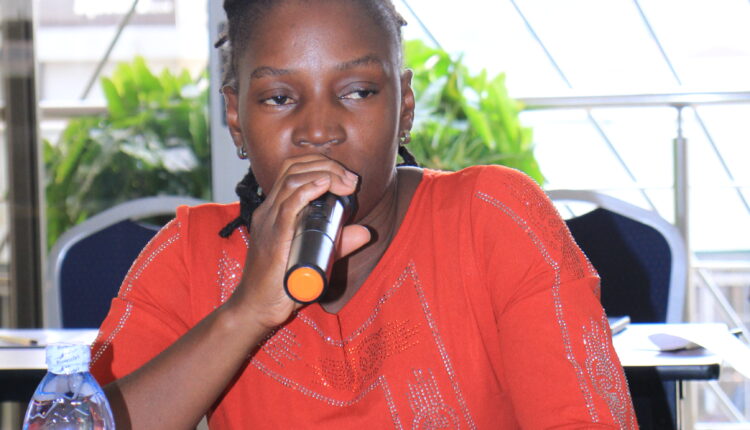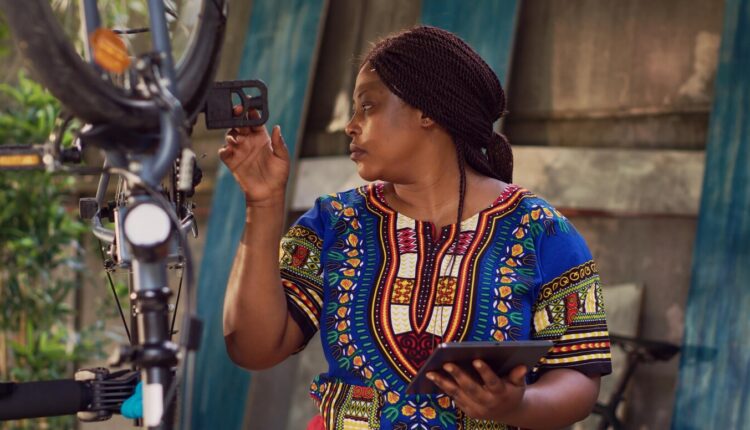The Indispensable Role of Peace Journalism in the Development of Africa
In recent years, the need for responsible journalism has emerged as a critical factor in fostering peace and stability in conflict-prone regions. In Africa, particularly, countries often grapple with complex socio-political landscapes. The media’s role becomes even more significant. Peace journalism, is a form of journalism that focuses on conflict resolution and promotes non-violent responses. This concept is emerging as a vital tool for fostering development and peace across the continent. Prioritizing accuracy, empathy, and a balanced portrayal of conflicts, peace journalism could transform how societies perceive and respond to conflicts, ultimately contributing to sustainable development in Africa.
A groundbreaking two-day training workshop held in Uganda exemplifies this effort of empowering women journalists to take on a pivotal role in peace journalism. Organized by Shed in collaboration with Kadi Initiative Uganda, and supported by UN Women Uganda and the Women’s Peace and Humanitarian Fund, this initiative underscores the transformative potential of gender-sensitive media practices in shaping public discourse and promoting peaceful resolutions to conflict.
The training workshop attracted 45 female journalists from key media houses in Kampala, Wakiso, and Kayunga, equipping them with essential skills in peace journalism and conflict-sensitive reporting. This is especially in the context of the upcoming 2026 elections in Uganda. Traditional journalism often emphasizes violence and drama, framing stories in a way that highlights divisions and enmity. In contrast, peace journalism seeks to report on conflicts by exploring underlying causes, highlighting peace initiatives, and giving voice to all parties involved, particularly those advocating for peace and reconciliation.
Dr. William Tayebwa, a senior lecturer at Makerere University, emphasizes the importance of training journalists in peace journalism stating, “The media plays a crucial role in agenda-setting and shaping public perceptions around conflict and violence. Through peace journalism, we can foster a more informed and empathetic approach to reporting.” this he stressed during the training of women journalists from selected districts of Uganda where he featured as a lead trainer on conflict-sensitive reporting from 29th to 30th August 2024.
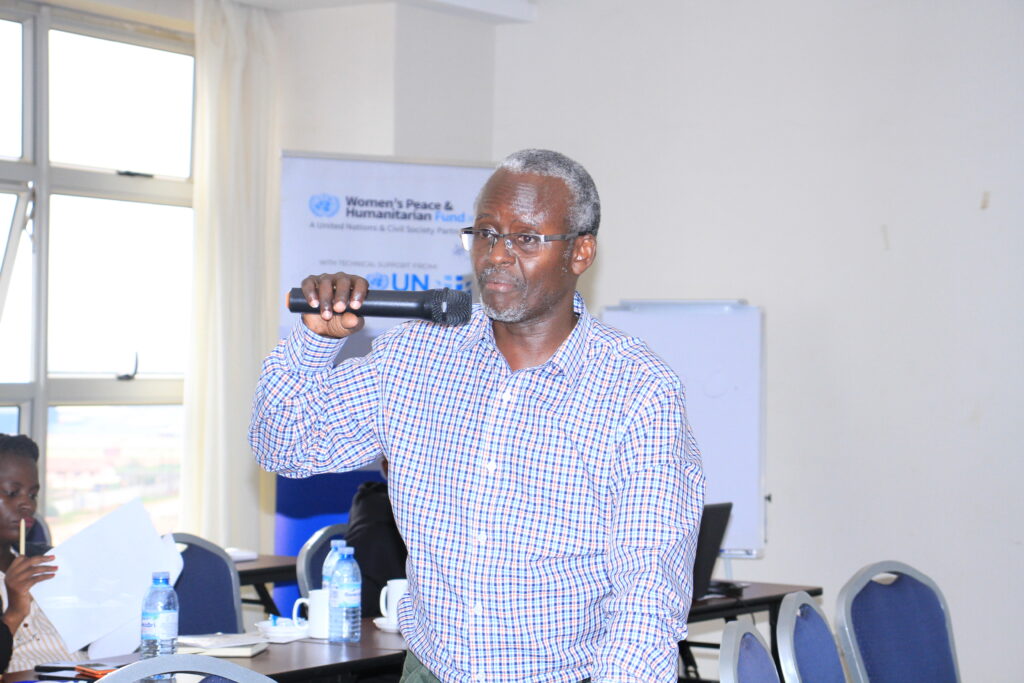
Peace journalism is not just about reporting on conflicts; it’s about understanding the underlying issues and providing a balanced narrative that contributes to healing and reconciliation. The training focused on methods that enhance the portrayal of gender dynamics in conflict situations, encouraging journalists to report with accuracy, empathy, and a commitment to peace. Gloria Laker Aciro, co-trainer and director of the Peace Journalism Foundation of East Africa, shared her insights, noting that “Women journalists possess unique perspectives that can enrich the dialogue around peace and conflict. Their engagement is essential for fostering a more inclusive and nuanced narrative.”
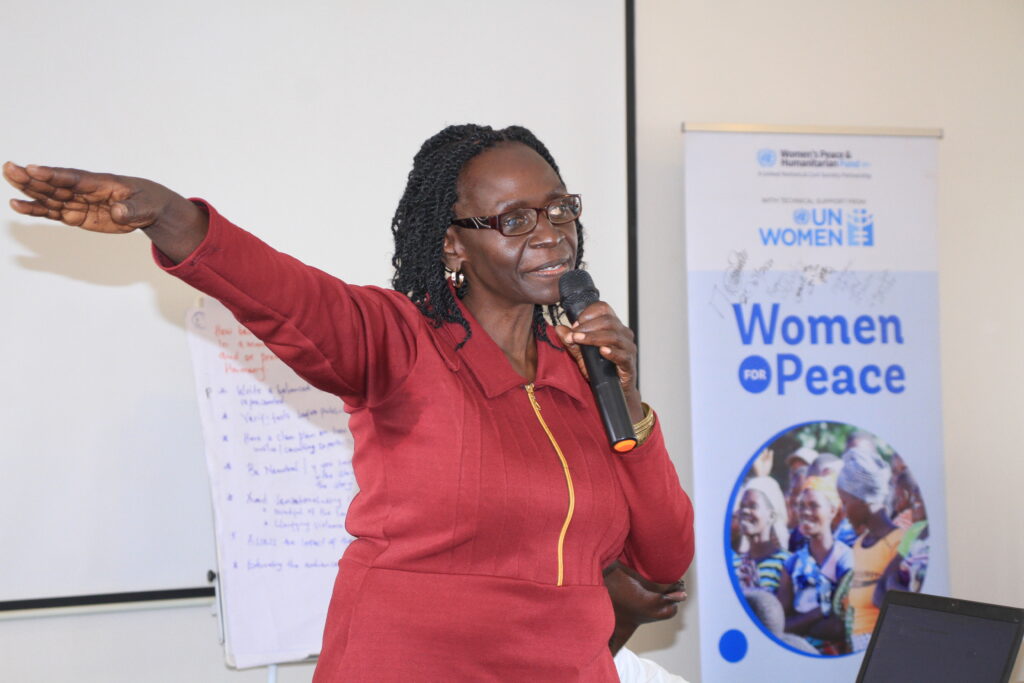
Understanding the challenges faced by journalists in conflict-sensitive environments was another key focus of the training. Participants engaged in discussions about navigating potential pitfalls in reporting, highlighting the need for resilience and adaptability in the face of adversity. “The road to peace journalism is fraught with challenges, but with the right tools and support, we can create impactful narratives that inspire change,” stated one participant.
The two-day training has proven to be a transformational moment for enhancing women journalists’ roles in conflict-sensitive journalism, particularly in the context of the upcoming 2026 elections. Empowering participants with a deeper understanding of the complexities surrounding conflicts, the workshop fostered an awareness of the underlying causes and implications often overlooked in traditional reporting.
Mutesi Mpera Winnie, a dedicated journalist from Top TV, reflected on the workshop’s impact, celebrating the invaluable skills acquired and the camaraderie developed among participants. Echoing this sentiment, fellow journalist Joyce Namugambe expressed her newfound motivation to use her reporting as a tool for peacebuilding, illustrating a collective awakening to the power of media in shaping narratives. Additionally, the formation of a “Peace Journalists Network” via WhatsApp has helped cultivate supportive peer relationships, ensuring ongoing collaboration and shared learning.
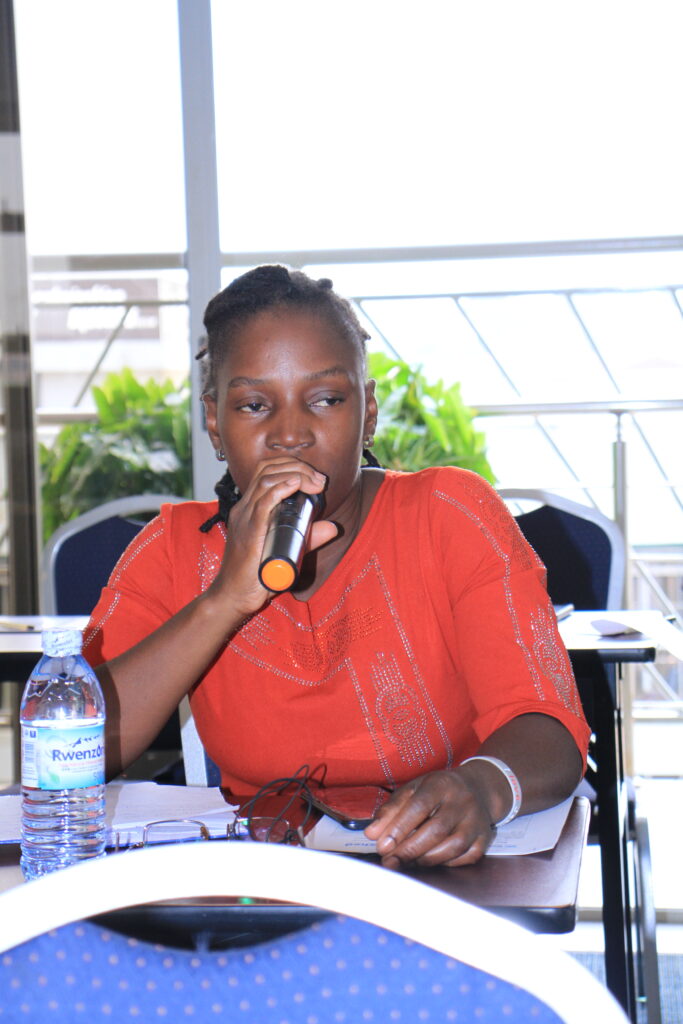
“This workshop has been a remarkable opportunity to connect with fellow women journalists who are passionate about peace journalism. Sharing our diverse experiences and resources has not only empowered me individually but has also strengthened our collective voice as women in the media.” Joyce Nakiganda, journalist with MNS news.
“Being part of this network of women journalists has been incredibly inspiring. We’ve been able to exchange best practices and learn from each other’s experiences, which is crucial for reporting on sensitive issues with a balanced perspective.” Muteesi Winnie Mpeera from Top radio and kingdom Tv.
Participants unanimously reported an increase in confidence and enthusiasm, emphasizing how the training equipped them with essential techniques for navigating sensitive issues ethically and responsibly. This nurturing environment not only prepares these journalists for the challenges ahead but also underlines the critical role women will play in fostering peace and integrity within Uganda’s media landscape.
““The training inspired some of us to approach work with a new perspective of knowledge and skills. For sure, big thanks to Shed that partnered with Kad. However, since this training gives one an opportunity to critically think, helps to increase one’s awareness of the ethical principles in conflict reporting, you develop some skills to work in high pressure environments that might be sensitive I would strongly recommend Journalism/Mass communication Second year university students from different institutions to be given a chance and participate in them before they start off their real internships programs.” Reporter from NTV.
The ongoing evaluation of this training will measure its effectiveness in promoting conflict-sensitive reporting practices. The collaborative effort aims to lay a foundation for sustained engagement and capacity-building that can extend well beyond this workshop. A network of women journalists committed to advancing peace journalism represents a significant step toward fostering a more tranquil and harmonious society in Uganda and beyond.
The role of peace journalism is increasingly vital in shaping the trajectory of Africa’s media landscape. Investing in women journalists who are committed to ethical and responsible reporting, not only empowers these individuals but also contributes to a more peaceful future for their communities.
Read stories of women inspirational leaders here: https://lakelmaria.com/category/her-story/
